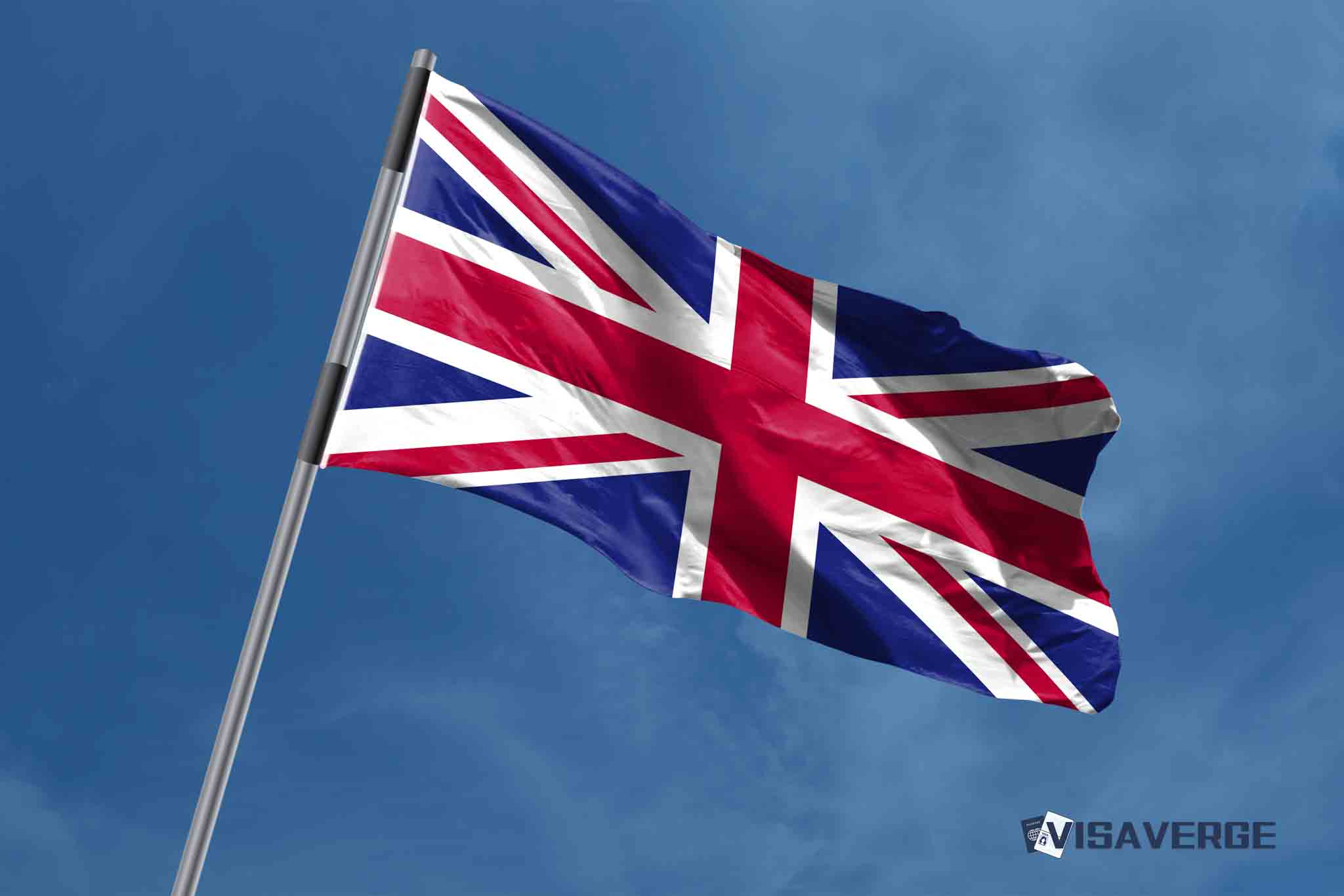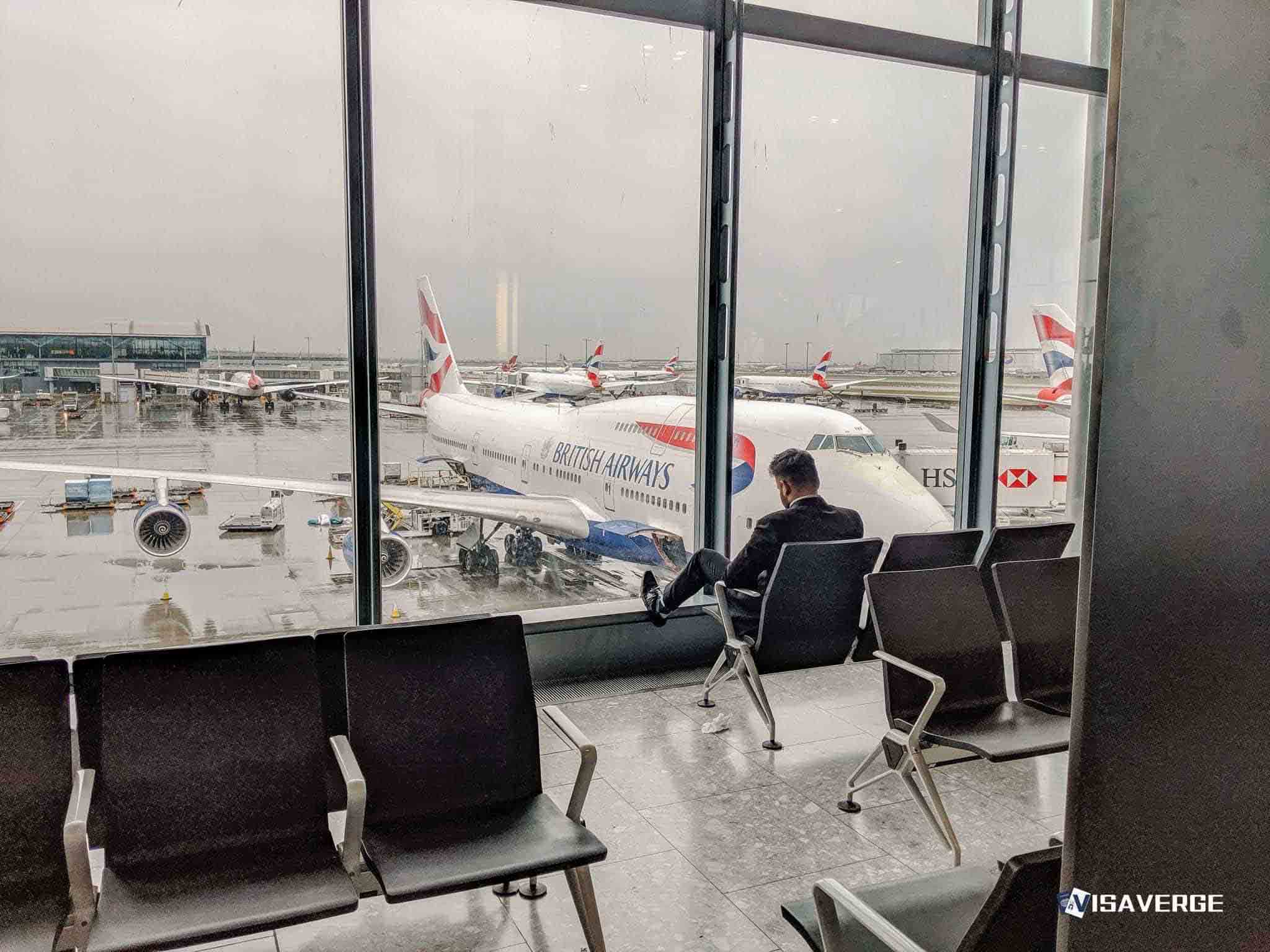Brexit Implications for Northern Ireland: Navigating Uncertainty
Brexit has sent shockwaves throughout the European Union, and Northern Ireland finds itself at the epicenter of complex transformation. As the United Kingdom steps away from the European Union, Northern Ireland confronts a unique set of challenges and changes, particularly in terms of immigration and the economy. If you plan to travel to, work in, or move to Northern Ireland, here’s what you need to know about the Brexit implications and how they may affect you.
Understanding the Brexit Impact on Northern Ireland
Northern Ireland’s unique position as part of the UK, sharing a land border with the Republic of Ireland, an EU member state, has made it a focal point in Brexit negotiations. As the new rules take shape, those hoping to cross borders within this area must be well-informed of the updated policies to avoid any potential issues.
The Common Travel Area (CTA)
Despite Brexit, the UK and Ireland plan to maintain the Common Travel Area (CTA), which allows for the free movement of people between the two jurisdictions. If you’re a citizen of the UK or Ireland, you won’t need immigration controls to live, work, or retire in either location. However, new entrants into the UK from other countries will need to consider how Brexit affects visa requirements.
Post-Brexit Immigration Rules

After Brexit, new immigration rules have come into play. For non-UK and non-Irish nationals, the need to adhere to a points-based immigration system is the new reality. Work visas, study visas, and other permissions are now dictated by points that evaluate your qualifications, salary, and the demand for your skills in the UK.
Work Visas and Residency
Those looking to move to Northern Ireland for work should review the new UK government’s points-based immigration system. It’s essential to secure employment that meets the criteria and points threshold to be eligible for a work visa.
Northern Ireland Post-Brexit Economy: Adjusting to Change
The economic landscape of Northern Ireland is evolving post-Brexit. There are concerns about economic repercussions, from trade barriers to shifts in the labor market. An understanding of the current economic climate is crucial for businesses and individuals looking to operate in this new environment.
Trade and Business Operation
For businesses, adapting to the new trade arrangements between the UK and EU can be demanding. Northern Ireland continues to follow many EU rules for goods, but services are covered by UK-EU agreements. It’s vital for businesses to stay informed about the Northern Ireland Protocol and its impact on trade, ensuring compliance with cross-border regulations and avoiding potential disruptions.
Conclusion: Staying Informed and Prepared
Brexit has undeniably altered the immigration and economic landscape of Northern Ireland. Whether your concerns lie with the cross-border movement, residency rights, or understanding how to navigate the post-Brexit economy, staying informed through reliable resources is key.
We recommend regularly consulting the UK Government’s official website for the latest updates on immigration law and the Northern Ireland Executive for region-specific information.
Brexit’s full impact will continue to unfold, and for those affected, keeping a finger on the pulse of these changes will be crucial for successful navigation in this new chapter for Northern Ireland.
Expert Insights
Did You Know?
- Surprising Statistics: Did you know that immigrants make significant contributions to Northern Ireland’s economy? According to a study by the Economic and Social Research Council, immigrants contributed £1.2 billion to the Northern Irish economy in 2019. This indicates that immigration plays a vital role in supporting economic growth and job creation in the region.
- Historical Insights: Have you heard about the rich history of immigration in Northern Ireland? During the late 19th and early 20th centuries, Northern Ireland experienced a wave of immigration from countries such as Italy, Poland, and Germany. These immigrants brought diverse cultures and skills, leaving a lasting impact on the region’s language, food, and architecture.
-
Unique Laws: Did you know that Northern Ireland has specific immigration laws that differ from the rest of the UK? The Good Friday Agreement, signed in 1998, recognized the right of the people in Northern Ireland to identify as Irish, British, or both. This unique status allows citizens of Northern Ireland to hold both British and Irish passports, providing them with additional options and privileges when it comes to travel and residency.
-
Cultural Integration: Northern Ireland has a rich cultural heritage, and since Brexit, there has been an increased focus on promoting cultural integration. Organizations such as the Northern Ireland Community of Refugees & Asylum Seekers (NICRAS) work to support immigrants and refugees in settling into the local communities. They provide essential services, including language support, cultural awareness training, and social integration initiatives.
-
Positive Impact: Contrary to some misconceptions, studies have shown that immigrants have a positive impact on the healthcare system in Northern Ireland. Immigrants often fill important positions within the healthcare sector, addressing skill shortages and providing high-quality care to the local population. Their contributions help support the sustainability and effectiveness of the healthcare system.
-
Inclusive Education Policies: Northern Ireland has implemented inclusive education policies to support the integration of immigrant children. These policies emphasize the importance of language acquisition and cultural awareness within schools, ensuring that immigrant children have equal opportunities for education and social development. This approach fosters an inclusive and diverse learning environment for all students.
-
International Students: Northern Ireland is an increasingly popular destination for international students. The region offers high-quality education and a welcoming environment for students from around the world. International students not only contribute to the cultural diversity of Northern Ireland’s universities but also contribute to the local economy through their spending on accommodation, goods, and services.
-
Family Reunification: Northern Ireland recognizes the importance of family unity and allows for family reunification under specific circumstances. This means that eligible immigrants can sponsor their immediate family members to join them in Northern Ireland, promoting strong family bonds and social cohesion.
-
Support Networks: Northern Ireland has a range of support networks and organizations dedicated to assisting immigrants with integration into local communities. These organizations provide services such as language classes, employment support, and cultural events to facilitate social connections and help immigrants feel at home in their new surroundings.
-
Economic Resilience: Despite the challenges and uncertainties posed by Brexit, Northern Ireland has demonstrated economic resilience. The region has witnessed a rise in entrepreneurship among immigrants, as they contribute to job creation and small business development. This entrepreneurial spirit, combined with the support of local initiatives, plays a vital role in building a thriving economy and community in Northern Ireland.
Remember, as Brexit continues to unfold and Northern Ireland adjusts to new circumstances, staying informed and keeping an open mind toward immigration can pave the way for a more inclusive and prosperous future for all.
Learn today
Glossary
Brexit: The withdrawal of the United Kingdom (UK) from the European Union (EU), which took effect on January 31, 2020.
Immigration: The action of coming to live permanently in a foreign country.
European Union (EU): A political and economic union of 27 member countries in Europe, aimed at promoting peace, stability, and economic prosperity.
Northern Ireland: A constituent unit of the United Kingdom, located on the island of Ireland. It shares a border with the Republic of Ireland.
Common Travel Area (CTA): An arrangement between the UK and Ireland that allows for the free movement of people between the two jurisdictions.
Citizen: A legally recognized member of a country, entitled to the rights and privileges defined by that country’s laws.
Immigration controls: Policies and procedures implemented by a country to regulate and manage the entry and residence of individuals from foreign countries.
Visa: An official document issued by a country’s government that allows a foreign national to enter, stay, or work in that country for a specified period.
Points-based immigration system: A system used to evaluate and prioritize immigration applications based on specified criteria, such as qualifications, salary, and the demand for specific skills.
Work visas: Official documents issued by a country’s government that allow foreign nationals to work within that country for a specified period.
Residency: The state or status of living permanently or indefinitely in a specific place, usually subject to certain legal requirements and conditions.
Trade barriers: Obstacles, such as tariffs or quotas, imposed by governments to restrict or control the flow of goods and services between countries.
Labor market: The market in which employers and employees interact to determine employment opportunities, wages, and working conditions.
Northern Ireland Protocol: A protocol included in the Brexit withdrawal agreement that defines the specific arrangements for Northern Ireland’s relationship with the EU post-Brexit, particularly regarding trade and regulatory matters.
Cross-border regulations: Laws and rules that govern the movement of goods, services, and people between countries, especially in areas where there is a shared border.
This glossary provides definitions for terminology used in the content “Brexit Implications for Northern Ireland: Navigating Uncertainty” to help readers better understand the specialized terms related to immigration and the impact of Brexit on Northern Ireland.
So, there you have it folks! Brexit has left Northern Ireland facing some unique challenges, but don’t fret! Just stay informed and prepared. Check out visaverge.com for more delightful insights and helpful resources. With a little wit and a good dose of tech-savviness, you’ll conquer these post-Brexit uncertainties like a pro. Happy exploring!
FAQ’s to know:
FAQ 1: What is the Common Travel Area (CTA) and how does it affect travel to Northern Ireland after Brexit?
The Common Travel Area (CTA) is an agreement between the UK and Ireland to maintain the free movement of people between the two jurisdictions. Despite Brexit, the UK and Ireland intend to keep the CTA in place. This means that UK and Irish citizens can live, work, or retire in either location without the need for immigration controls. However, individuals from other countries entering the UK will need to consider the changes in visa requirements brought about by Brexit.
FAQ 2: How has Brexit impacted immigration rules in Northern Ireland?
Brexit has resulted in the implementation of new immigration rules, including a points-based system, for non-UK and non-Irish nationals. This system evaluates qualifications, salary, and the demand for skills in the UK. To be eligible for a work visa in Northern Ireland, individuals must secure employment that meets the criteria and points threshold set by the UK government. It is essential to review the new points-based immigration system and ensure compliance with the updated requirements.
FAQ 3: What are the implications of Brexit for businesses operating in Northern Ireland?
Brexit has brought about changes in trade arrangements between the UK and EU, posing challenges for businesses operating in Northern Ireland. While Northern Ireland continues to follow many EU rules for goods, services are covered by UK-EU agreements. Adaptation to the new trade arrangements and compliance with cross-border regulations are important to avoid disruptions. Businesses should stay informed about the Northern Ireland Protocol and its impact on trade. Regularly consulting reliable resources and government websites is recommended to stay up-to-date with the latest information and ensure preparedness in the post-Brexit economy.
What did you learn? Answer below to know:
-
True/False: After Brexit, citizens of the UK and Ireland can continue to freely live, work, and retire in either location due to the Common Travel Area (CTA) agreement.
-
What is the key factor that determines eligibility for a work visa in Northern Ireland under the UK government’s points-based immigration system? (Short answer)
-
How can businesses in Northern Ireland ensure compliance with cross-border regulations and minimize potential disruptions in trade post-Brexit? (Short answer)








